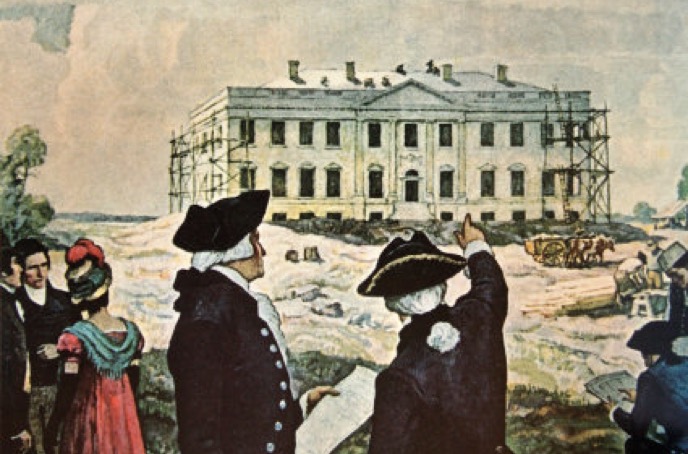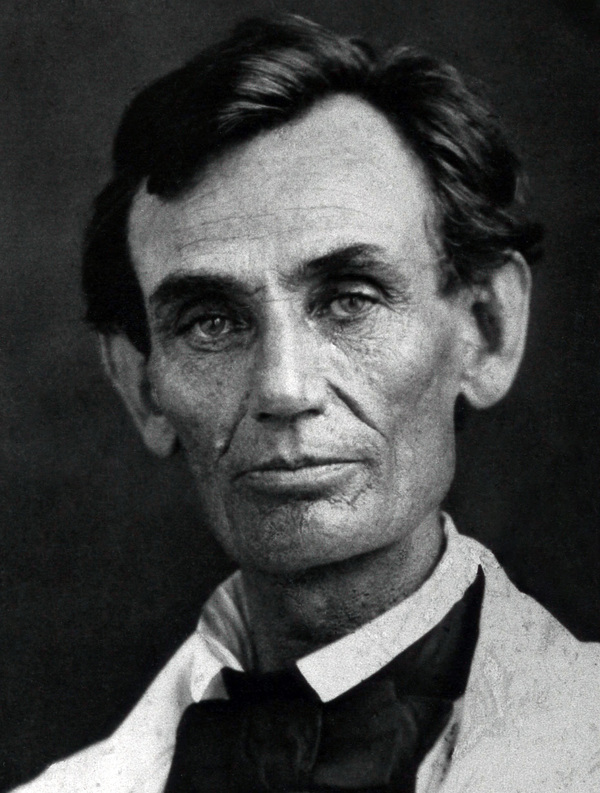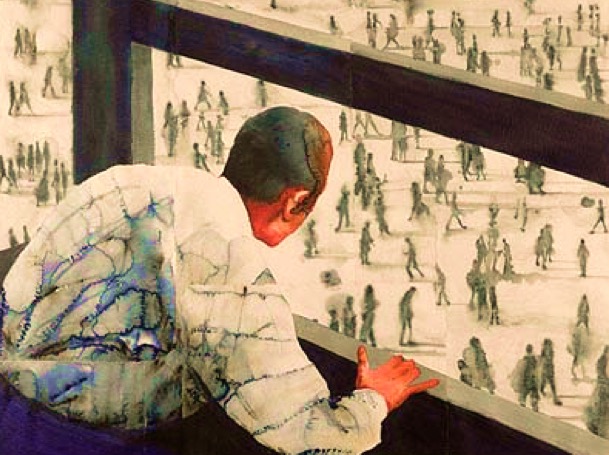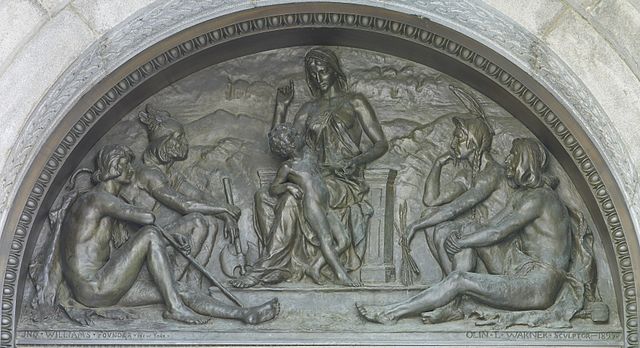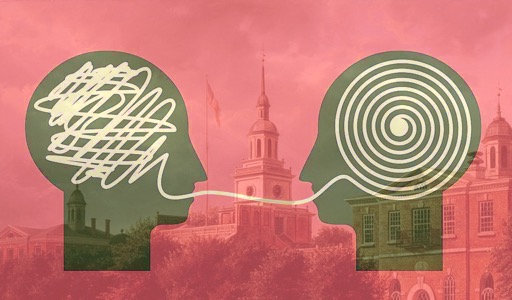Only justice preserves regimes, not history or tradition.
In Defense of Political Reason
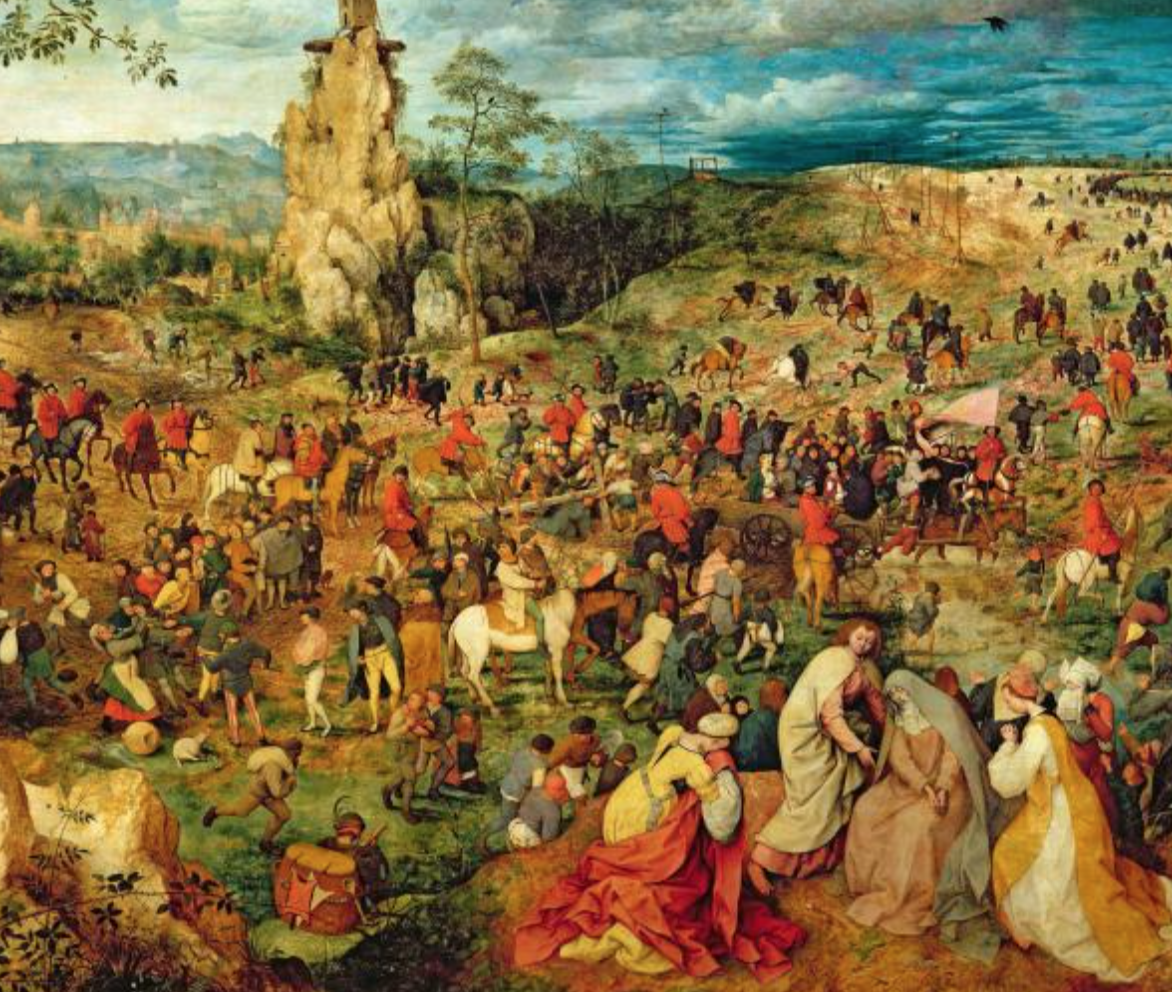
The liberal order rests on conservative, not rationalist, foundations.
Yoram Hazony has articulated a most clear and sensible, and largely persuasive vision of a free and decent society. There is much to agree with in his pungent and challenging analysis: he is absolutely right to stress the limits of a doctrinaire rationalism that ignores the wisdom of experience and tradition, as well as the radical transformations in the Western world since 1945 that have profoundly undermined the indispensable moral and religious foundations of liberal societies. He is also right that unadulterated rationalism “does not, cannot, and will not work.” Reason needs to be buttressed by civilized norms that may very well be undermined by the consistent application of what the seventeenth century English political theorist John Selden, quoted at length by Hazony, called “the free and unadorned application of reason.” But as I will argue in just a moment, Selden and Hazony refer to a narrow, abstract reason that is far less reasonable than its supporters, and critics, assume.
Hazony is also right to argue that freedom is impossible without civilized constraints, not least the self-discipline that paradoxically allows a regime of political liberty to flourish. Regimes where governments are “mild” or moderate” occur because citizens truly govern—which is to restrain—themselves. Freedom, without what Solzhenitsyn has called the “golden key” of “voluntary self-restraint,” soon gives way to chaos, moral nihilism, and a fragmented and polarized public realm where citizens cease to “put reasons and actions in common,” to quote a particularly suggestive remark of Aristotle in Book IV of his Ethics.
The Common Good of Honor
Hazony also makes many important and necessary distinctions. For instance, liberty under God and the law, with its accompanying recognition that “all men are in the image of God,” by no means entails a false equivalence of ways of life. The dissolute and the dishonorable cannot claim that their ways of life are just as worthy of recognition and respect as those who honor the Ten Commandments or the natural moral law. Hazony rightly calls for the restoration of personal and political honor where honorable self-regard informs a freedom worthy of the name. Without honor, moral conscience (not to be confused with a poisonous subjectivism), self-respect, and self-limitation, democracy withers and inevitably gives way to the dictatorships of relativism and political correctness that we see all around us. This is even more insidious than the “soft” or “mild” despotism that Alexis de Tocqueville evoked (and feared) at the end of Volume II of Democracy in America. It is a democracy that is no longer “God-fearing.” It is also one that recklessly undermines all the inherited and precious moral contents of life. There is nothing “liberal” or “conservative,” or decent and choice-worthy, about a political and social order that endlessly repudiates sound tradition and our civilized moral inheritance.
Hazony is a sure guide on these themes. And how helpful for him to remind us that even the politically liberal Franklin Delano Roosevelt saw that the stakes of the emerging world conflict in 1939 had as much to do with the survival of religion and moral decency as with human liberty. All three were and are beholden to rich and civilizing traditions, and not just to the abstractions of “human rights” or a liberalism shorn of its historical and moral context and specificity. Churchill and de Gaulle also invoked the survival of Western and Christian civilization in their great wartime addresses (see, for example, the peroration of Churchill’s great “Finest Hour” speech of June 18, 1940). One could not combat the vicious nihilism of the totalitarians of the Left and Right without appealing to the rich and capacious traditions of a Western civilization rooted in reason and revelation, sound tradition, and a hearty and decent patriotism.
Reasoning vs. Rationalism
But reason is not rationalist. Hazony fails to fully appreciate—or at least adequately articulate—just how “unreasonable” Enlightenment rationalism finally is. It reduces humanity to “matter in motion” and forgets the soul, the source of consciousness and moral agency. In addition, the premodernnatural law and natural right traditions of the West never succumbed to what Leo Strauss called a “doctrinaire” natural public law. Such “doctrinairism,” to cite Strauss in Natural Right and History, fails to see that political theory must always be “supplemented by the practical wisdom of the statesman on the spot.” Classical political philosophy was admirably and sensibly “flexible,” while modern rationalism gave rise to “fanatical rigidity” and a contempt for the “practical reason” inherent in lived experience and common life. In this way, a partisan of classical political philosophy such as Leo Strauss was much closer to Montesquieu’s and Burke’s efforts to save a politics of prudence within the context of modern politics. I do not believe for a moment Strauss believed that Burke or Montesquieu were “relativists” because they wisely rejected the fanaticism inherent in doctrinaire versions of public law.
Burke, like Aristotle, never believed that theory, abstract theory, could be an adequate guide to sound practice. Strauss sympathized with Burke’s critique of the proto-totalitarianism of the French Revolution. It really did culminate, at least for a time, in a “complete revolution” in the minds and mores of men. It was a portent of evils that would come to full fruition in the terrible twentieth century. In a memorial tribute in 1973, an old colleague of Strauss’s at the New School in New York, Erich Hula, remembered that quotations from Burke and Churchill came from Strauss’s lips with great regularity in the course of the Second World War. Statesmen were needed, men of thoughtful nobility, who were committed to saving the liberties and moral inheritance that informed Western civilization at its best. Modern rationalism and doctrinaire natural public law had no place for the “political reason” of statesmen such as Cicero, Burke, Lincoln, or Churchill. It was a “theory” that did not and could not take politics, prudence, or common life seriously.
In addition, modern rationalism paradoxically entails a terrible self-limitation of both theoretical and practical reason. Modern rationalists have a hard time distinguishing the noble and the base, good and evil, honor and dishonor. Modern rationalism culminates in the fact-value distinction: all claims about the good are reduced to arbitrary decisions that can make no claim to being reasonable. By overvaluing pleasure and bodily self-preservation (and identifying them with the good simply) the theorists of modern rationalism from Hobbes to Spinoza undermined the moral ground of national self-defense (and of the cardinal virtue, which is courage). I wholeheartedly agree with Yoram Hazony that the nation is the indispensable home of self-government and common life. As Solzhenitsyn suggested in his 1972 Nobel Lecture, “Nations are the wealth of mankind, its generalized personalities; the least among them has its unique coloration and harbors within its self a facet of God’s design.”
Hazony is right to excoriate facile cosmopolitanism and disembodied universalism. The truly universal is available to human beings as human beings, yet it is always “mediated” on the political level by particular political bodies and national experiences which in their specificity reveal something that no other people or experience might reveal even as they partake in an aspect of the universal as such. Pierre Manent has written about the great dialectic of particularity, universality, and “mediation” in the final chapter of his magisterial The Metamorphoses of the City: On the Western Dynamic. The religion of humanity undermines both particularity and universality, even as it abolishes the practical reason of the citizen and statesman and the “mediating” role of nations who play, as Solzhenitsyn noted, a crucial role in God’s design.
But Manent reminds us elsewhere that the cardinal virtues—courage, temperance, justice, prudence—belong to human beings as human beings. In every time and place, human beings and citizens are obliged, Manent says, “to know how we can put the city’s reasons to work, and thus what is our courage, what is our moderation, what is our justice, what is our prudence.” Authentic practical reason rejects the siren calls of humanitarianism and doctrinaire rationalism even as it defends and displays the virtues, intellectual and moral, that are at the heart of our humanity. I suggest that this is an “empiricism” that is both richer and more capacious than the experimental and comparative empiricism that Hazony appeals to in the second of his two essays.
Let me end on a note of gratitude. Many thanks to Yoram Hazony for his thoughtfulness, his admirable civic and intellectual courage, and for this welcome spur to think about the questions that really matter as our civilization loses sight of its moral inheritance and its crucial “conservative foundations.”
The American Mind presents a range of perspectives. Views are writers’ own and do not necessarily represent those of The Claremont Institute.
The American Mind is a publication of the Claremont Institute, a non-profit 501(c)(3) organization, dedicated to restoring the principles of the American Founding to their rightful, preeminent authority in our national life. Interested in supporting our work? Gifts to the Claremont Institute are tax-deductible.
Political prudence requires reason—which is why a "conservative rationalism" that embraces universals and particulars alike is needed now more than ever.
The traditions of American civilization carry intelligible moral ideas.
If local communities are to survive, institutionalized shame toward America must be rooted out.
When a good is not enough, we need to nourish it anyway.
Our new world sheds new light on the relations between reason and tradition.

